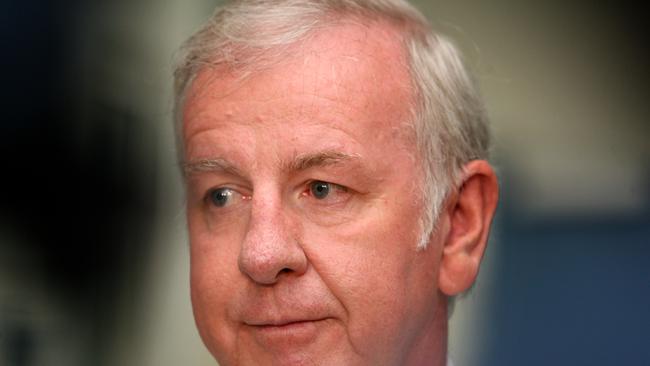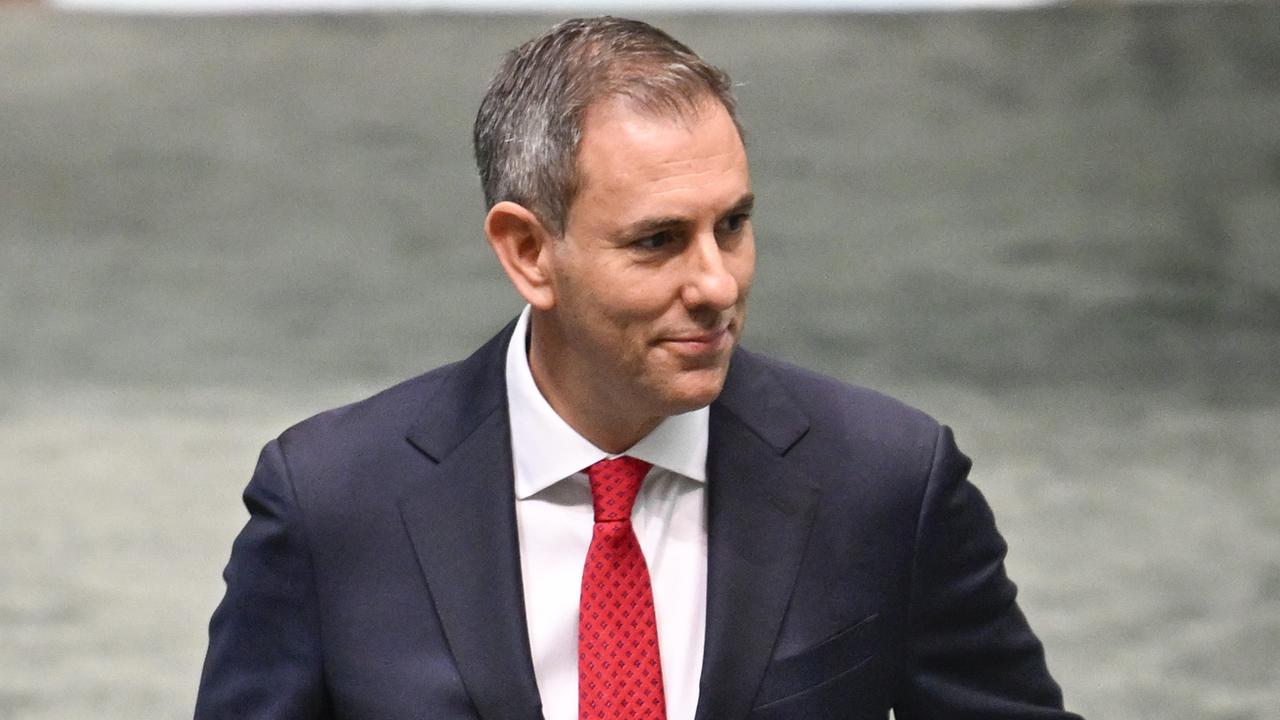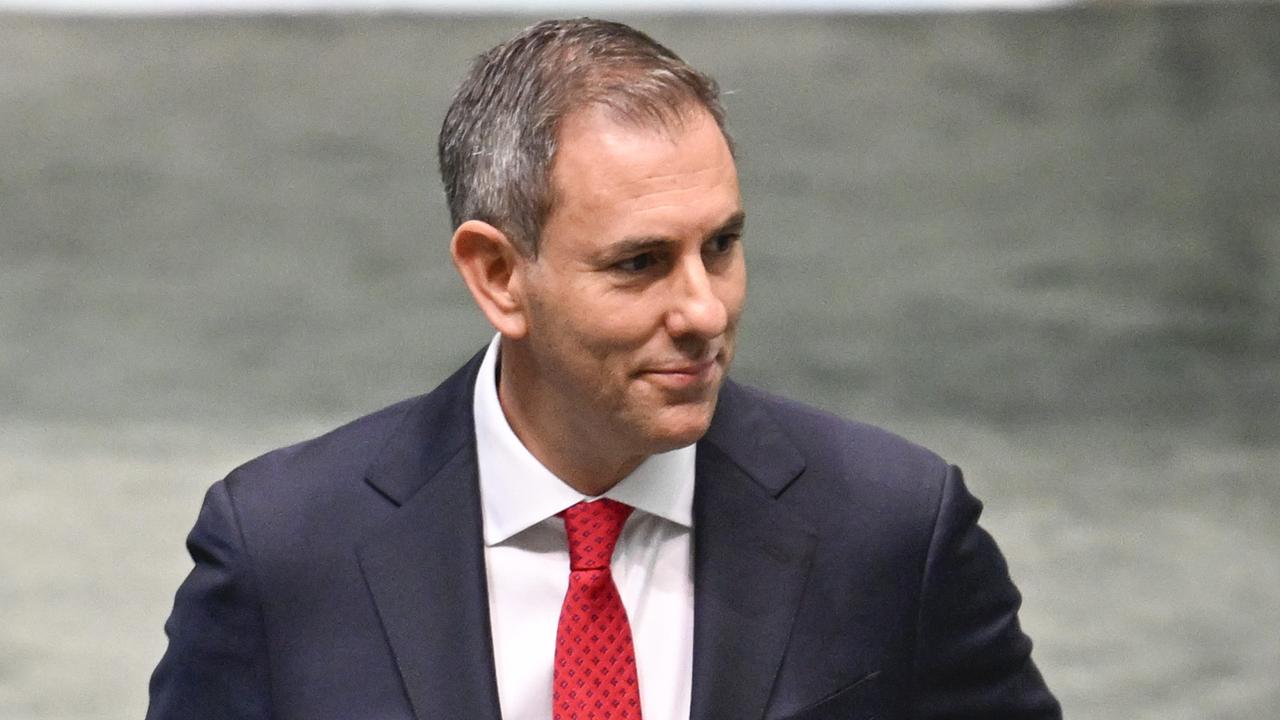Premier ‘must fix unfair voter rule anomaly’: Jim McGinty
Mark McGowan has a duty to fix an anomaly in WA’s Legislative Council voting that heavily favours country electors, former Labor leader Jim McGinty says.

West Australian Premier Mark McGowan has a duty to fix an anomaly in the state’s Legislative Council voting that heavily favours country electors, former Labor leader Jim McGinty says.
A former attorney-general who oversaw electoral reform efforts in 2005, Mr McGinty said new research showed the rules gave upper house country voters as much as a six-time weighting against every city vote.
He and four political science researchers from the University of Western Australia and Notre Dame say the imbalance is the worst of any state in the country.
“The (WA) upper house is the last blight on democracy in Australia,” Mr McGinty said. “It’s an absolute affront to anyone who believes in democracy to have the sort of system we have here … the system is so weighted that regardless of the vote, the conservatives will always win a majority in the upper house. That’s how bad it is.”
Australian electoral systems have a history of vote weighting, where citizens from certain geographic areas receive an enhanced value for their vote. It has been dispensed with across much of Australia in favour of models of voting equality based on the principle of one vote, one value.
Martin Drum, from Notre Dame, said the result is that three-quarters of the population elect half of the upper house members and one-quarter in less-populated regions elect the other half.
The voting disparity is made worse by historically low electoral turnouts in a few regional areas where up to a quarter of eligible voters fail to vote.
The WA upper house is the last remaining state or territory chamber in Australia to have a significant rural overweighting, he said.
Electorates vary from 400,000 voters in a dense Perth metropolitan seat to 68,000 or fewer in sparsely populated regional seats such as Mining and Pastoral but they each get the same representation. “It’s by far the worst malapportionment of any state in Australia and it’s getting worse as population drift sees country dwellers moving to metropolitan areas,” Dr Drum said.
He is one of four academics calling on Mr McGowan, if he is re-elected, to initiate reforms to fall in line with other states and the commonwealth. Other members are UWA political scientist Ben Reilly, UWA constitutional lawyer Sarah Murray and Curtin University academic John Phillimore.
They say they have lobbied Mr McGowan and Electoral Affairs Minister Stephen Dawson.
“There’s a tendency to think it can’t be fixed, that reform is all too hard because it takes an absolute majority to reform some provisions,” Professor Murray said.
“But malapportionment can be reduced in a number of ways.” A spokesman for Mr Dawson said electoral reform was “not on our agenda”.
“Our priority is to create jobs and ensure our strong economic recovery continues,” he said.
The corrupted system dates back to the 1920s when, in one extreme case, the level of malapportionment reached 65 to one between the urban seat of Canning, with 17,347 voters, and the goldmining seat of Menzies with 265 voters.
Professor Phillimore says a current voter in Wundowie, a small rural town east of Perth, will have three or four times the voting power of an elector living eight minutes’ drive away in outer metropolitan Wooroloo, “and yet the greater weighting has not led to any enhanced return for their vote or a discernible difference between the two towns in terms of services,” he said.
“It’s part of Western Australia’s colonial legacy of ‘We live off the land and mining so we need more representation’ … that’s changed and you have a big discrepancy which treats people unequally.”
Mr McGinty said when he led the Gallop Labor government’s attempt in 2005 to fix the system, it resulted in greater voting parity in the Legislative Assembly, although remote Kimberley, Pilbara and desert areas had a slight weighting, similar to parts of regional Queensland.
WA Greens leader Alison Xamon said her party, which holds a significant presence in the upper house, “is committed to moving towards a one-vote, one-value model but we do not have a preferred model. “At no point have either Labor or Liberals initiated any discussion,” she said.


